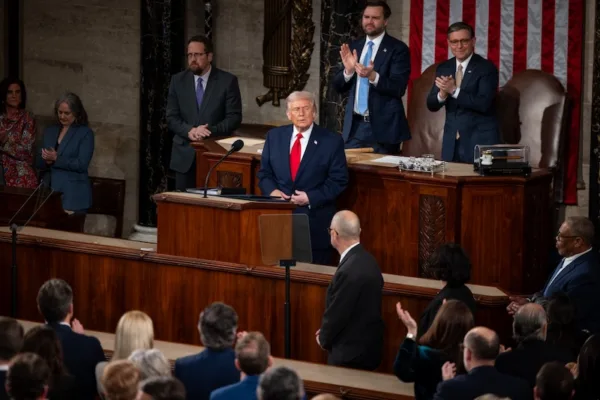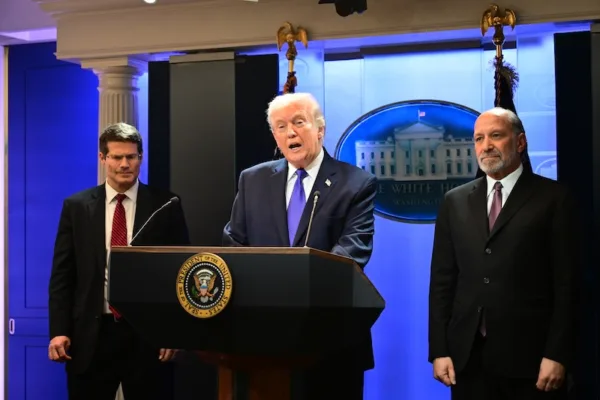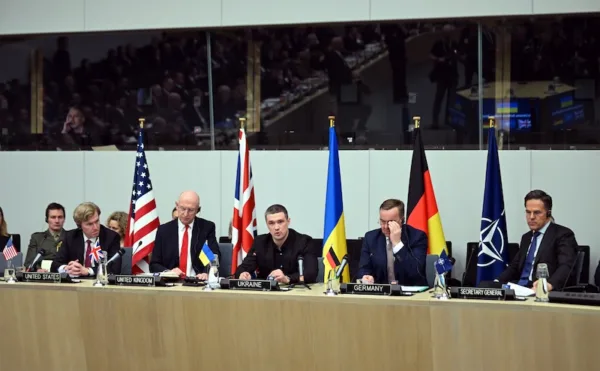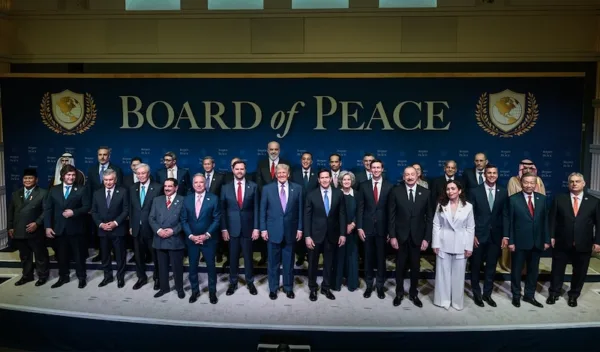U.S. Loses in Decision to Oppose Global Compact on Refugees

On December 17, 181 states voted to adopt the U.N. Global Compact of Refugees; Libya, Eritrea and the Dominican Republic abstained from the vote, and the United States and Hungary opposed it. Eighteen months of extensive consultations led to the overwhelming support from states. The non-legal binding global compact “aims to strengthen the international response to large movements of refugees and their protracted situations.” Despite the rise in recent years of anti-immigrant and anti-refugee sentiments around the world, the show of support for the global compact reaffirms countries’ commitments to help both the refugees and the countries who shoulder the burden of hosting them.
The U.S. missed a crucial opportunity to provide leadership and extend its knowledge on how best to support refugees. The U.S. historically was an example for refugee resettlement, accepting over 100,000 refugees in the 1980s and more recently, during the Obama administration, an average of 80,000 refugees each fiscal year. The international community has historically looked to the U.S. as a leader on humanitarian issues, including refugees. However, with its decision to oppose the compact, the U.S. has demonstrated that it will no longer be a leader in humanitarian affairs. The consequences are yet to be seen, however, the lack of U.S. support will create gaps in influence, policy, and financing of humanitarian operations that other countries will have to fill.
Developing countries host 85 percent of the world’s refugees. The compact advocates for non-host countries to open their borders to more refugees. The compact’s objectives include easing the pressure on the host countries, enhancing self-reliance for refugees, and supporting conditions in countries of origin for refugees to return safely and with dignity. The compact came about after the 2016 New York Declaration, when the international community recognized that there needed to be more support for refugees, host countries, and more effort in solving the root causes of the continually increasing numbers of refugees fleeing their communities.
Unfortunately, but not surprisingly, the U.S. chose to continue its anti-immigration trend and oppose the adoption of the compact. At a time when the U.S. has consistently lowered the cap of accepted refugees for resettlement, the lack of leadership will be felt globally. The U.S. has lowered the number of refugees allowed for resettlement to 30,000 for the 2019 fiscal year, a continued downward trend since President Trump took office. Consequences could be felt for years, as historic allies and partners can no longer rely on the U.S. to help financially support local programs in host countries either and U.S. credibility is weakened. Furthermore, supporting refugees and host countries is key to national security interests, such as combatting terrorism.
In a globally intertwined world, the effects of refugee challenges are felt beyond the host country. Economic and political challenges can reverberate across borders, as has been felt over the past few years across Europe with the Syrian refugee crisis. Adopting the compact demonstrated that countries recognize these effects and are committed to solving devastating challenges that cause refugee flows. The adoption of the compact by the majority of the international community demonstrates a commitment to the future generations of the world that is not shared by the current U.S. administration.























